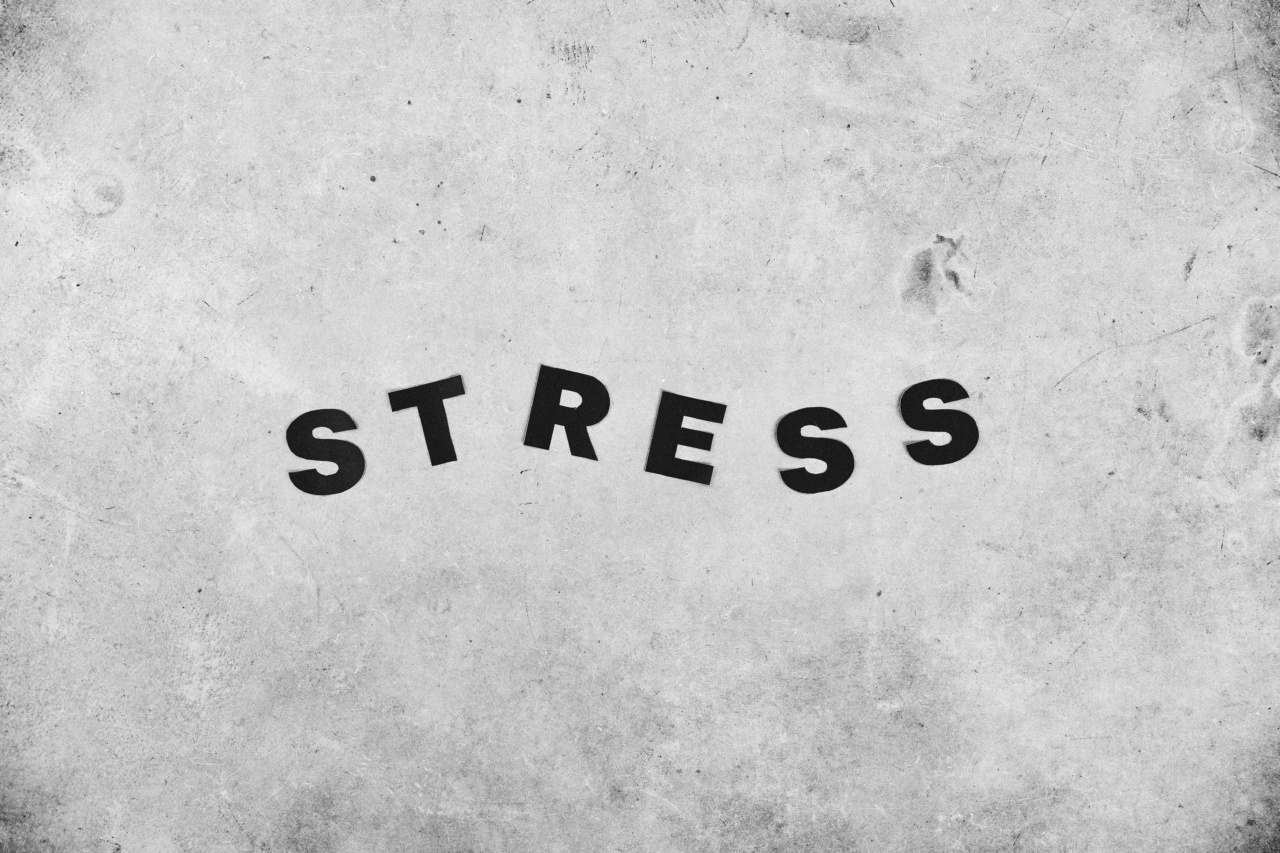Experiencing stress is something that is unavoidable in life, but it’s how you manage it that can make all the difference. Fortunately, there are many ways to relieve stress that require little time or effort.
1. Exercise Regularly
Exercise is one of the most effective ways to reduce stress. It releases endorphins that boost your mood, reduces cortisol levels, and can improve sleep – all of which contribute to a more positive state of mind.
You don’t have to engage in high-intensity workouts to get the benefits. Even light activities such as yoga, walking, or gardening can help you feel better.
2. Meditation
Meditation is a powerful way to reduce stress. It helps to slow down your racing thoughts and increase focus and concentration. In addition, it can help to control anxious feelings, improve sleep, and boost mood.
If you are new to meditation, start with a guided audio or video session and gradually increase the time you spend in meditation.
3. Deep Breathing
Deep breathing is a simple and effective way to reduce stress. Focusing on your breath can help to calm your mind and dial down the stress response in your body.
To practice deep breathing, sit comfortably with your shoulders relaxed, inhale deeply through your nose, hold for a few seconds, and then exhale slowly through your mouth. Repeat this for several minutes until you feel calm and relaxed.
4. Get Enough Sleep
Sleep is essential for optimal physical and mental health. Getting adequate sleep each night can help you feel more energized and less stressed during the day. Create a relaxing bedtime routine and stick to it as much as possible.
This may include turning off devices an hour before bedtime, taking a warm bath, or reading a book. Aim for at least seven hours of sleep per night.
5. Connect with Others
Connecting with others can help to reduce stress and boost your mood. Spend time with friends, family, or participate in social activities that make you happy.
If you’re feeling isolated, consider joining a club or volunteer group to meet new people and build new connections.
6. Laugh More
Laughing is an easy and enjoyable way to reduce stress. Laughter releases endorphins, which are known to improve mood and relieve tension.
Make time for activities that make you happy, such as watching a funny movie, reading a book, or listening to comedy podcasts.
7. Practice Mindfulness
Mindfulness is the practice of staying present and fully engaged in the current moment. This can help to reduce stress, improve focus and productivity, and enhance overall well-being. To practice mindfulness, focus on your senses and surroundings.
Take time to observe the sights, sounds, and smells around you while engaging in your daily activities.
8. Prioritize Self-Care
Taking care of yourself is essential for reducing stress. Prioritize self-care activities that make you feel relaxed and rejuvenated. This may include taking a bubble bath, reading a book, enjoying a cup of tea, or practicing yoga.
9. Cut Back on Caffeine
Caffeine can interfere with sleep and increase anxiety, making it harder to manage stress. Consider cutting back on caffeine by reducing your intake of coffee, tea, soda, or other caffeinated beverages. Opt for decaf coffee or herbal tea instead.
10. Seek Professional Help
If you’re struggling to manage your stress or experiencing severe symptoms such as panic attacks or depression, consider seeking professional help.
A mental health professional can provide guidance and support in managing stress and improving overall well-being.
Conclusion
Stress is a part of life, but managing it effectively can make a world of difference for your mental and physical health. Incorporate these simple methods into your daily routine to reduce stress and enjoy a more positive outlook on life.






























